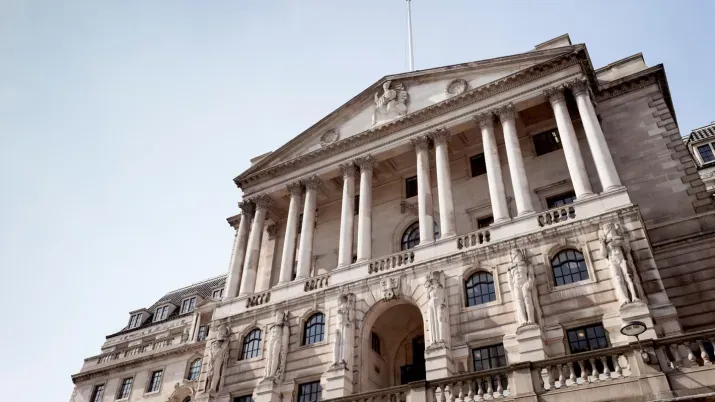
Aggressive high yield deals call for heightened vigilance
Urbaser, a Spanish waste management specialist, came to the market last week with a controversial new deal. The company launched a €1bn payment-in-kind (PIK) toggle note to fund a dividend to its owner Platinum Equity, just six weeks after it issued a new €2.3bn debt package to refinance its existing debt and fund a further €1bn of dividends.

BoE: A historic vote and a hawkish cut
The Bank of England (BoE) delivered a widely expected 25bp cut on Thursday, taking interest rates to a two-year low of 4%. But the real story was in the balance of views on the Monetary Policy Committee (MPC), which for the first time in its 28-year history had to conduct two rounds of voting and has forced markets to reassess the path of future rate cuts.

US labour market data busts benign macro narrative
In describing how markets have been pricing risk in recent months, the word “complacent” has been uttered on multiple occasions. If that was your view, then Friday’s sharp risk-off move could be seen as a wake-up call, or at least evidence that investors are keenly watching for any change in the more benign macro story that has dominated recently.

UK banks shrug off tariffs and fiscal concerns with higher margins
Over the last week or so, the major UK banks have been reporting results for the first six months of 2025. Considering the noise around the UK’s fiscal situation and some softening in broader macroeconomic conditions, these releases offer another valuable data point for analysing the health of the UK economy and the operating environment of UK banks.

US corporate hybrids gain momentum after ratings shift
The European corporate hybrid market has been established for some time. It is dominated by investment grade issuers seeking to raise capital with limited impact on their leverage ratios, thanks to rating agency treatment that classifies hybrids as 50% equity and 50% debt from a balance sheet perspective.

US-EU deal welcome news in markets with little room for error
The US and the European Union (EU) have reached a trade agreement, averting a worst-case scenario of a more damaging trade war.

A closer look at River Green and CMBS losses
A French CMBS transaction named River Green – a deal we exited a few years ago at a price in the mid-90s as part of a broader review of our CMBS exposure – has come under renewed scrutiny after a new valuation triggered expectations of principal losses on what were originally AAA rated bonds. Here’s how we got here.

UK by the numbers: breaking down the latest ONS stats
The UK Office for National Statistics (ONS) issued their monthly summary of the UK government’s income and expenses as well as the impact these have on the budget deficit and fiscal debt levels.

CLO value emerges ahead of likely autumn surge
With the summer holiday season fast approaching, now feels like a good moment to pause and take stock of developments in the European ABS market year-to-date.

New issuers add welcome depth to UK RMBS
The UK Prime RMBS market has continued to evolve in 2025, with a broadening of its participant base driven by the entrance of two new sponsors (Nottingham Building Society and Newcastle Building Society) which have both priced inaugural deals this year.

Selectivity pays as European high yield hits record
Primary issuance in the European high yield (HY) market surged in June with €21.2bn of supply marking the highest monthly volume on record.

SRTs not sounding any alarms - despite the headlines
Last Friday, the European Banking Authority (EBA) published its semi-annual Risk Assessment Report. It is always a good read, as it provides a summary of trends in the banking sector and highlights risks that might be emerging in parts of the banking system.
Blog updates
Stay up to date with our latest blogs and market insights delivered direct to your inbox.

